Is Propane Still Cheaper than Electricity?
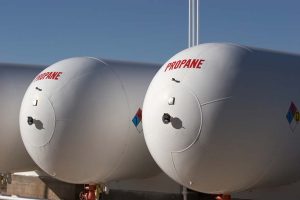
Series of propane tanks
For the average property – whether it is a residential or commercial property – energy bills are one of the largest monthly expenses. With that in mind, using the most affordable energy source is an important step toward keeping costs low. Traditionally, propane has been more affordable than using electricity, but is that still the case? Take a closer look below.
While propane prices will always fluctuate based on market conditions, you can always count on Berico to offer propane delivery for a fair rate. Get in touch with the Berico team today to set up a delivery schedule or to have any of your questions answered directly.
Propane is an Affordable Energy Source
When it comes to energy costs, it’s tricky to say that one form of energy is “always” cheaper than another, because prices are constantly changing based on supply and demand, regulations, global conditions, and more. Knowing what type of energy is cheaper at any given moment would require staying up to date on the energy market in your local area.
With all of that said, propane does remain an excellent form of affordable, clean energy. If you want to keep your monthly utility bills down as low as possible, using propane appliances is a great way to go. For example, by opting for propane as opposed to electricity for your water heater, you should find that you spend significantly less over the course of a year to heat your water.
Other Motivations to use Propane
Yes, propane comes with a modest price tag compared to some other types of energy, but that alone shouldn’t be your only motivation for using this fuel. Fortunately, there are plenty of other reasons to go in this direction, including the following –
- Kind to the earth. As one of the cleanest-burning fuels available, propane is a great pick if you would like to do your part to protect the planet. After all, much of our electrical energy is provided by coal burning power plants; so when you use propane instead of electricity, you are making an important difference.
- The electrical grid is known to go down from time to time, often due to weather events. That won’t have such an impact on your life if you are relying on propane more than electricity for key functions around your home.
- Durable appliances. Using propane-powered appliances is a good choice because of the long-lasting nature of those pieces of equipment. As compared to electric appliances, you may get several more years out of a propane unit. Of course, those extra years translate directly into financial savings, as you will be able to wait that much longer before investing in a new appliance for your home.
The Right Supplier
There is a lot to love about propane, to be sure, but that’s only if you have a trustworthy supplier on your side to keep your tank full. That supplier is Berico. With a history that stretches back generations and a reputation for excellent service and fair prices, Berico will make your experience using propane a good one. Reach out to their team today to schedule a delivery or to ask any questions you may have.

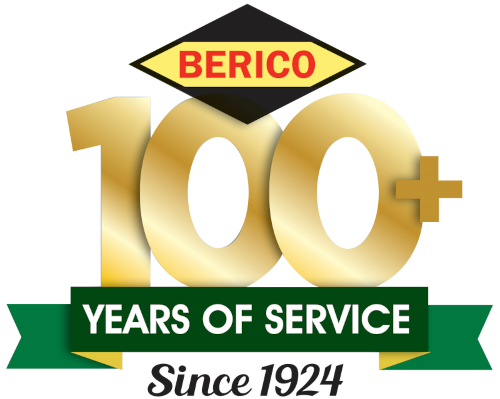
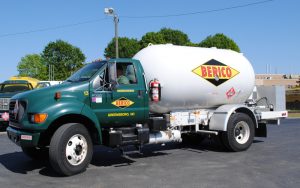 Getting your heating oil from the right company can make life a lot easier. Having your tank filled up when necessary isn’t something that should get in the way of your day-to-day life, but that’s exactly what can happen when you don’t have the right supplier on your side. Finding a good company to serve your needs isn’t difficult, but you do need to ask the right questions.
Getting your heating oil from the right company can make life a lot easier. Having your tank filled up when necessary isn’t something that should get in the way of your day-to-day life, but that’s exactly what can happen when you don’t have the right supplier on your side. Finding a good company to serve your needs isn’t difficult, but you do need to ask the right questions.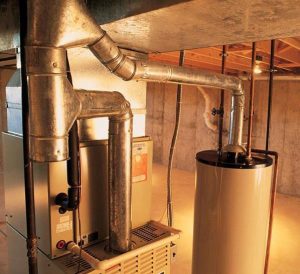 Modern furnaces tend to be impressively reliable, rarely needing attention beyond annual maintenance and the swapping out of the air filter every few months or so. Of course, repairs are occasionally required. So, what kinds of repairs tend to be needed the most? This article will take a closer look at that important topic.
Modern furnaces tend to be impressively reliable, rarely needing attention beyond annual maintenance and the swapping out of the air filter every few months or so. Of course, repairs are occasionally required. So, what kinds of repairs tend to be needed the most? This article will take a closer look at that important topic.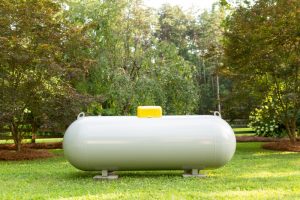 It’s only natural to be a little curious about a large tank of propane sitting on your property. Is this actually a safe situation? Fortunately, as the article below will highlight, propane is impressively safe, and you have nothing to worry about when you treat your tank properly and work with a qualified
It’s only natural to be a little curious about a large tank of propane sitting on your property. Is this actually a safe situation? Fortunately, as the article below will highlight, propane is impressively safe, and you have nothing to worry about when you treat your tank properly and work with a qualified  The last thing you expect when your furnace comes on is for the system to blow cold air throughout your house. That air is supposed to warm up the space, but just the opposite will happen when something isn’t working correctly. There are various causes for this problem, and the following article will touch on some of those issues.
The last thing you expect when your furnace comes on is for the system to blow cold air throughout your house. That air is supposed to warm up the space, but just the opposite will happen when something isn’t working correctly. There are various causes for this problem, and the following article will touch on some of those issues. One of the common frustrations for homeowners when using their HVAC system is not getting even heating or cooling throughout the home. Or, more specifically, not getting the warm or cool air directed where they need it most – as in, the rooms in the home that are used most frequently. With that in mind, some homeowners resort to closing heating vents in unused rooms as a way to control airflow. But is closing HVAC registers a good idea? This article will take a closer look.
One of the common frustrations for homeowners when using their HVAC system is not getting even heating or cooling throughout the home. Or, more specifically, not getting the warm or cool air directed where they need it most – as in, the rooms in the home that are used most frequently. With that in mind, some homeowners resort to closing heating vents in unused rooms as a way to control airflow. But is closing HVAC registers a good idea? This article will take a closer look.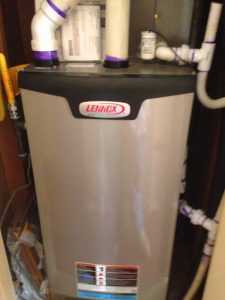 For most people, the furnace is something in their home that just runs in the background. They don’t think about it very often, and it just comes on when it needs to. That’s fine, but no equipment can keep working forever without getting some professional attention. Keeping up with furnace maintenance is essential to get optimal performance from your system, and the tips in this article should help.
For most people, the furnace is something in their home that just runs in the background. They don’t think about it very often, and it just comes on when it needs to. That’s fine, but no equipment can keep working forever without getting some professional attention. Keeping up with furnace maintenance is essential to get optimal performance from your system, and the tips in this article should help.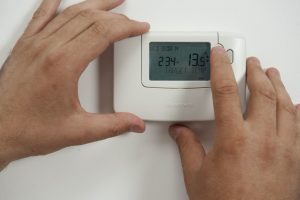 The last thing you expect when your furnace comes on is for the system to blow cold air throughout your house. That air is supposed to warm up the space, but just the opposite will happen when something isn’t working correctly. There are various causes for this problem, and the following article will touch on some of those issues.
The last thing you expect when your furnace comes on is for the system to blow cold air throughout your house. That air is supposed to warm up the space, but just the opposite will happen when something isn’t working correctly. There are various causes for this problem, and the following article will touch on some of those issues.